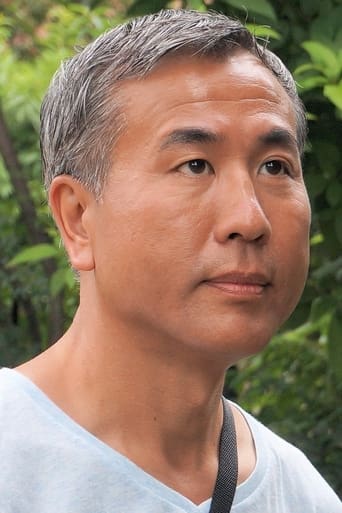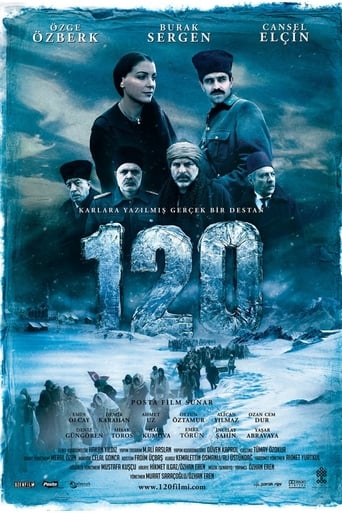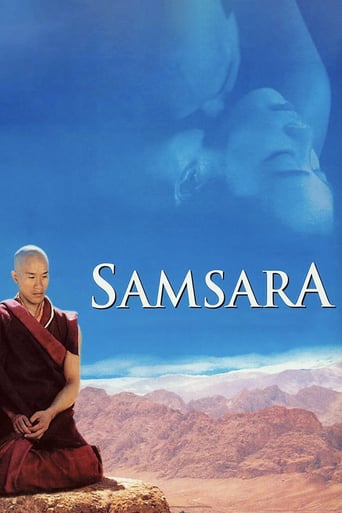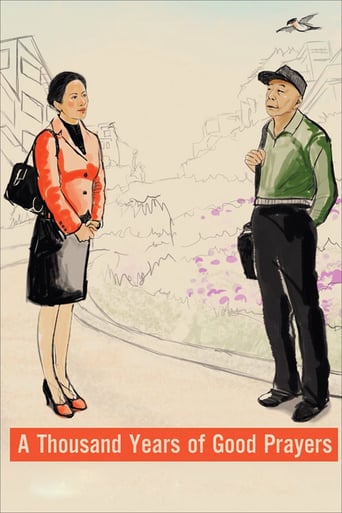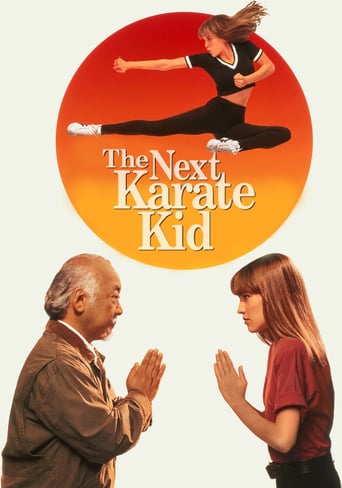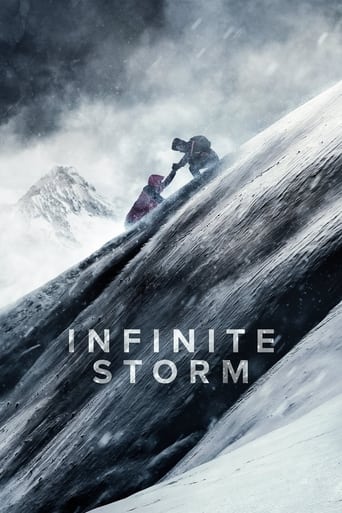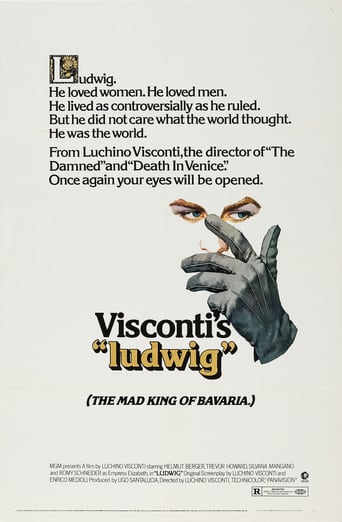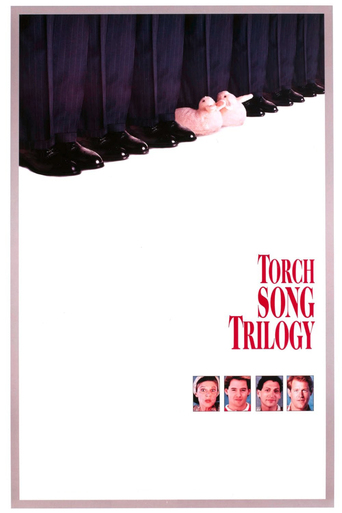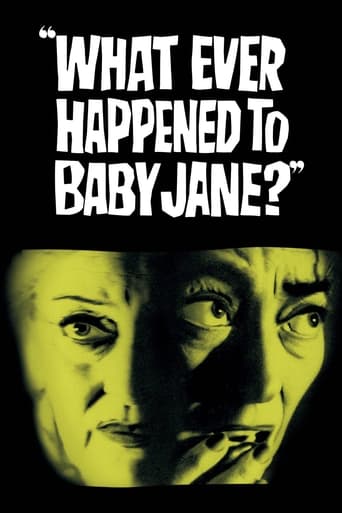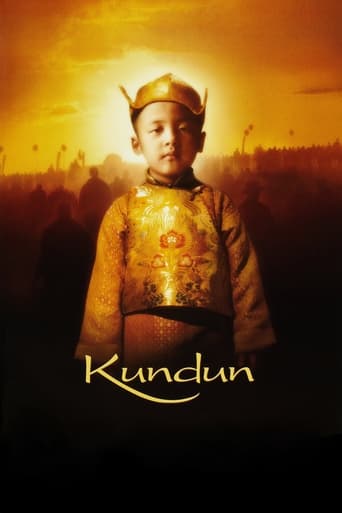
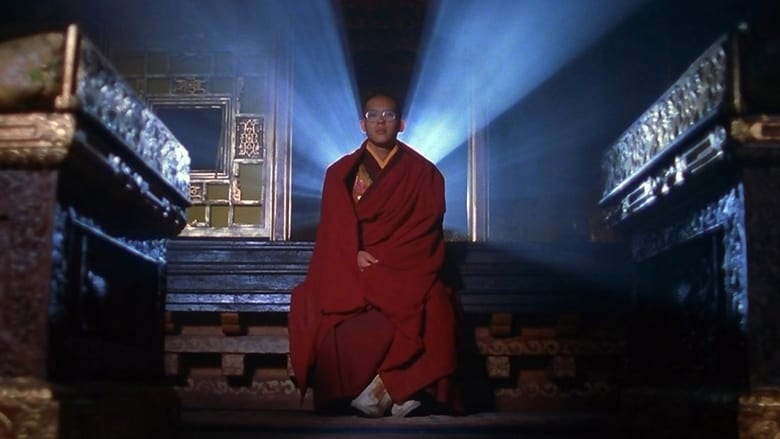
Kundun (1997)
The Tibetans refer to the Dalai Lama as 'Kundun', which means 'The Presence'. He was forced to escape from his native home, Tibet, when communist China invaded and enforced an oppressive regime upon the peaceful nation. The Dalai Lama escaped to India in 1959 and has been living in exile in Dharamsala ever since.
Watch Trailer
Cast


Similar titles
Reviews
hyped garbage
This is a must-see and one of the best documentaries - and films - of this year.
Exactly the movie you think it is, but not the movie you want it to be.
By the time the dramatic fireworks start popping off, each one feels earned.
Kundun, Martin Scorsese's beautifully realised story of the Tenzin Gyatso, the 14th Dalai Lama, is possibly his most divisive amongst fans. Directed by the guy whose specialities are wiseguys in sharp suits and dazzling camera-work, Kundun is a remarkably subdued tale. Scorsese had tackled religion before with the controversial The Last Temptation of Christ, but his version of the story of Jesus also came with a recognisable edge. Yet even his roughest and toughest movies come with a sense of spirituality - Mean Streets in particular - and Kundun has this in abundance, so Scorsese isn't exactly far from safe ground. Spirituality is woven into the movie's very fabric, as is the idea of watching a ready-made saint in action.A saint is precisely how Scorsese views the Dalai Lama, and Melissa Mathison's script paints him like a key religious figure whose teachings can now only be read in scripture. As of 2017, Gyatso is still alive and reigning, although the film begins in 1937. This almost mythical presence does work in the context of Buddhism however, as if their beliefs in reincarnation are true, then Gyatso is just another body containing a soul hundreds of years old. As a young boy (played by Tenzin Yeshi Paichang at 2 years old), he is shown various objects, some of which belonged to the previous Dalai Lama, by some Tibetan monks. He chooses correctly, and is taken away to lead, but as to whether this was the expression on the monks face as he fondled the items or genuine reincarnation, Scorsese lets you ponder. He grows old and wiser, and faces difficult decisions as Imperial China invade to claim Tibet as their own.This is undoubtedly Scorsese's most beautiful picture, and he takes his time to admire the lavish golds and reds of the ceremonial robes, as well as the intricate creation of Bhavachakra and its inevitable destruction, all backed by Philip Glass' haunting score. The decadence comes at a price however, as although we spend near enough the entire screen time with the Dalai Lama, we learn little about Gyatso. He must suffer his decisions in relative silence, or in hushed utterances to his trusted council. The refusal to follow a traditional narrative makes for a slow-moving if never boring movie, with the drama punctured by a powerful sequence depicting Gyatso standing in a sea of slaughtered monks. While it may leaving us questioning who this man truly was, I can only admire Scorsese's insistence on making the movie he wanted to make. Movies like Kundun are the reason why the director will always be remembered as a true master of his craft.
Kundun is the best movie about Tibet yet, and a towering biopic coming close to Bertolucci's "The Last Emperor (1987)". Scorsese seizes the opportunity to tell a historical tale with profound meaning, menace masqueraded as magnanimous philanthropy, and repercussions that last to this day two decades later.Scorsese is adapt at his craft, and gets good performance from his actors. He also relies on the strong poetry and beauty of Melissa Mathison's script who scratches the surface of Buddhist teachings. Roger Deakins' masterful cinematography gets the intimate scenes' impact and showcases Tibet's beauty on occasion. Philip Glass's haunting score is the cherry on the Sunday and the movie ends when we are ready to continue the journey.Great monologues and dialogues including delivery by the chilling and charismatic Chairman Mao are memorable. Kundun's growth as a human being and leader as well as his relationships are coherent and telling. We draw from his inner strengths, his dilemma, his weaknesses and hope for the best.We feel, we think, we learn. The movie is a slow burn and the writing, cinematography and music all become more intense until the fateful and beautiful final scene. A joy for the senses and a feeling that we do not want to movie to end.Top notch cinema which puts together the best elements for posterity.
I'm a Buddhist and absolutely adore the Dalai Lama. His kindness and compassion are simply breath-taking and I felt that from this film, which is undoubtedly beautiful, but a few parts irked me. For example, the constant referral of Buddhism as "a religion" (both verbally and implied), which felt very Western - as if people wouldn't understand that Buddhism is a way of life - a desire for enlightenment and attainment of peace, so it was Westernised into it being "a religion" as an easy explanation. As the 14th said himself, "My religion is very simple. My religion is kindness.". I think people get "spirituality" and "religion" mixed up way too easily - the whole Buddhist portrayal was actually rather shallow, which is deeply sad. I found the blaring music to be entirely over the top. It blares out, over and over, sounding as if it should be in a high-stakes action movie. It was loud - too loud, I thought, for a pretty gentle film.I didn't really enjoy the cinema of the film (I felt it was meant to be "art" more than anything) - I did enjoy the portrayal of the 14th, and it made me cry more than once. I read that a few people found it "passionless", which I didn't - he is a Buddhist monk - they are non-violent and seek to master their mind - of course there are going to be subdued reactions from himself and others. Another quote from the 14th, "When we meet real tragedy in life, we can react in two ways - either by losing hope and falling into self-destructive habits, or by using the challenge to find our inner strength." That said, the scenes in which he cries were incredibly powerful. So... I liked it and disliked it. It was emotionally powerful but not at all a good representation into Buddhism or even fact - there is more than one part that have been nay-said by not only the Lama himself, but also his mother, and by photographic evidence of the events in China.
I saw the movie "Kundun" recently, directed by Martin Scorsese. This movie was somewhat reminiscent to that of "The Last Emperor" (the movie depicting the life of Puyi). But rather, takes on more of a religious perspective, showing the life of the 14th Dalai Lama. The movie was set in a beautiful location, with magnificent views of the Tibetan mountainous region. The music really went well with the visuals. It didn't draw attention nor did it put me to sleep. The graphics and setting of the film was spectacular and one of the best. I especially liked the scene when Kundun was washing away the sand mandala. The costumes of the Buddhist monks were very well detailed and interesting. I enjoyed the serenity of the backdrop, which really gave a relaxing feel to the film. I felt that this movie left out a lot of significant parts of the the Dalai Lama. They left out how his life after his exile, which I think is important as to the development of him today. It should include scenes where the Dalai Lama was appealing to foreign countries for refuge and aid. The actors of the film were good portrayals, especially both of the young and middle-age Kundun. The only bad portrayal was of Mao Zedong. The actor didn't really resemble him well and his acting as Chairman Mao had gone overboard. The entire movie revolved mostly around the Chinese Communist Party claiming Tibet and forcing the Dalai Lama out, instead it should focus more on the Dalai Lama's spiritual journey at the same time. The theme of government against religion is significant in today's ever changing society and I believe it was well filmed. There should be a balance of Dalai Lama's religious influence yet at the same time showing his history. The film had it's good points especially the fascinating process of finding Kundun and how he dealt with other people. This film is more suited to those who enjoy a great historical depiction of a man who went on a religious journey influenced by politics of the Chinese Communist Party. The also had brilliant scenery. This is definitely one of Martin Scorsese's best films so far.


